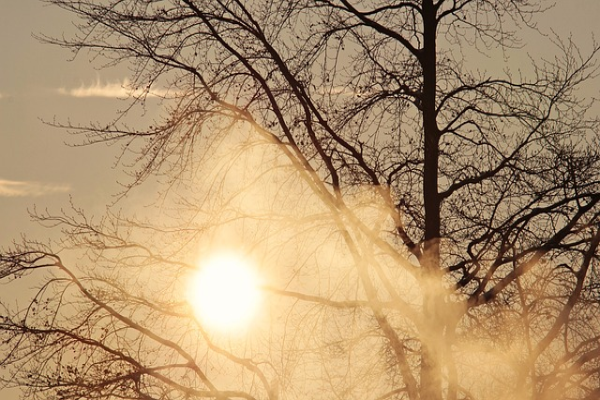Wheezing and winter asthma

Winter can be a tough time for those who have asthma, a chronic condition that causes swelling and inflammation of the airways in the lungs, making it more difficult to breathe. While many allergens such as pollen and ragweed levels decrease during the colder months, the cold temperature of the air itself can serve as a trigger or irritant to the lungs.
Cold, dry air and being inside more often with forced heat dries out our nasal passages and irritates the lungs causing asthma to become worse. According to the Allergy & Asthma Network, the more severe your asthma is, the more the cold air will affect you.
Common symptoms of cold weather asthma including coughing (wet or dry), wheezing, shortness of breath, and a tight feeling in the chest. The combination of cold, windy, and wet weather in addition to the colds, flu, and COVID-19 circulating this time of year make it harder on asthma sufferers.
There are ways to help protect yourself from winter weather induced asthma flares:
- Wear a scarf to protect your mouth and keep warm air in.
- Have a rescue inhaler like Albuterol on hand at all times in case your asthma gets worse.
- Stay inside more often if possible.
- Speak with your doctor if your asthma symptoms are not being well controlled or are getting worse.
Other tips for staying healthy during the winter with asthma are keeping your prescription current and refilled, having an asthma action plan, keeping track of your symptoms if they change or worsen, replace and change your air filters regularly, monitor the weather, keep current on vaccinations, and consider buying an air purifier if your budget allows.